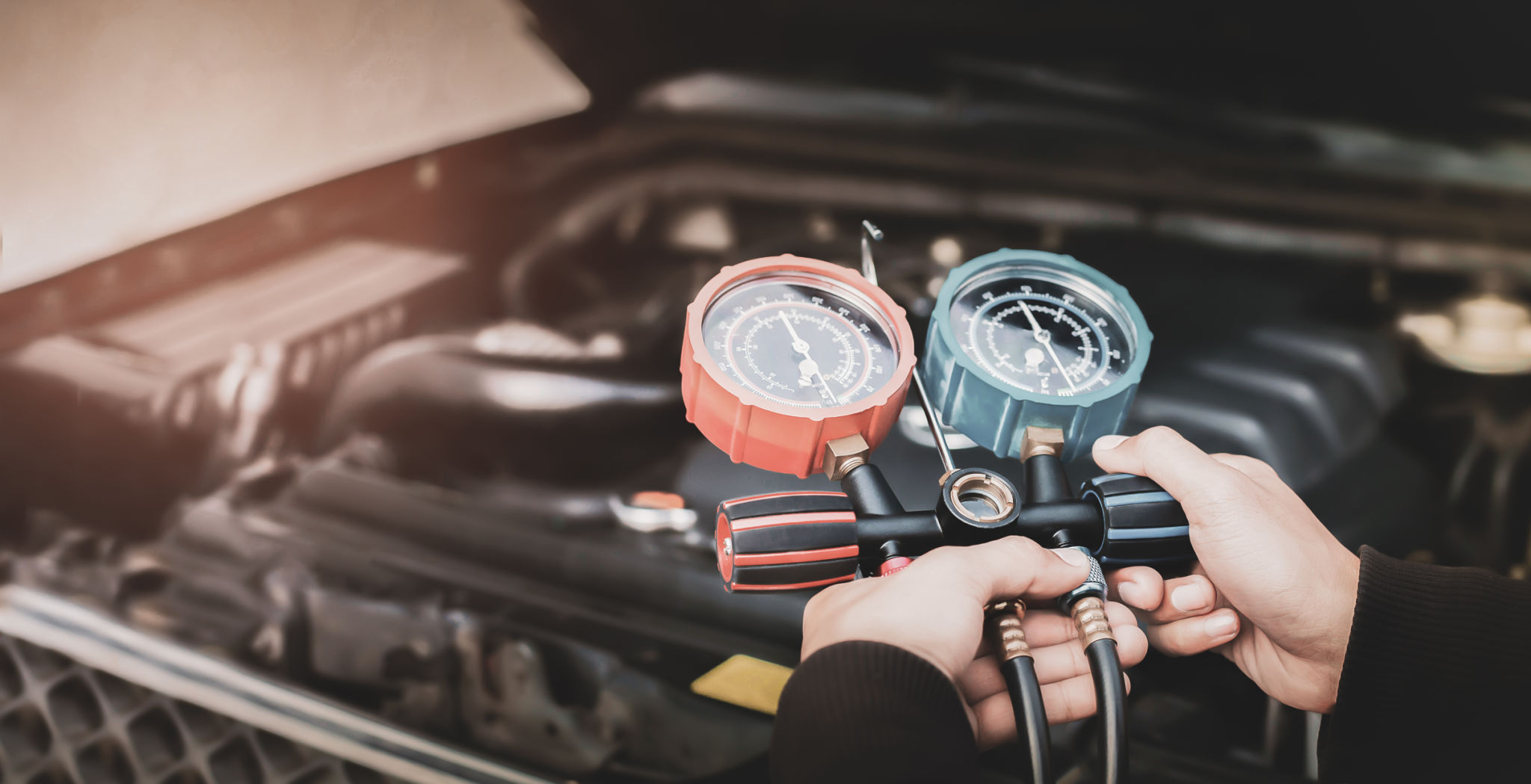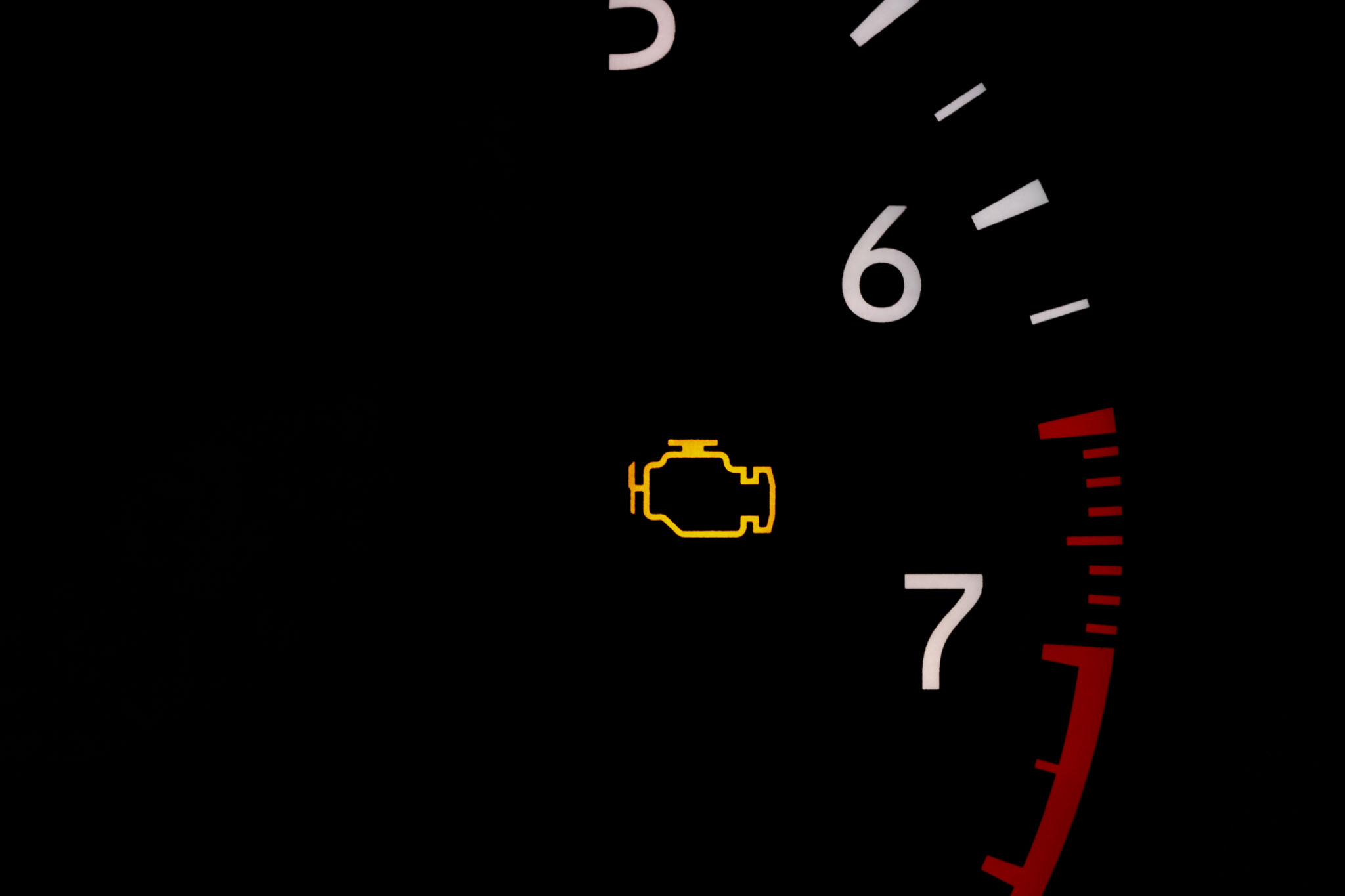Expert Tips on Extending the Life of Your Diesel Engine
Regular Maintenance is Key
To extend the life of your diesel engine, regular maintenance is crucial. This includes routine checks and timely servicing. By keeping up with maintenance schedules, you can prevent minor issues from evolving into significant problems that could shorten your engine's lifespan. Regular oil changes, for instance, help ensure that internal components remain well-lubricated and function smoothly.
In addition to oil changes, it's vital to replace fuel filters and air filters periodically. Clean filters prevent dust and debris from entering the engine, which can cause significant damage over time. Keeping up with these small tasks can greatly influence your engine’s longevity.

Monitor Cooling Systems
The cooling system in a diesel engine plays a vital role in preventing overheating. To keep the engine running efficiently, regularly check coolant levels and the condition of hoses and belts. Ensure there are no leaks or signs of wear, as these could lead to overheating and severe engine damage.
It's also important to use the correct type of coolant for your engine and change it at recommended intervals. A well-maintained cooling system can significantly prolong the life of your diesel engine by preventing heat-related issues.

Use Quality Fuel
The type of fuel you use can have a significant impact on your diesel engine's performance and longevity. Always opt for high-quality diesel fuel that meets or exceeds industry standards. Poor quality fuel can lead to deposits and clogging, which may cause extensive damage over time.
Additionally, consider using fuel additives to enhance the quality of your diesel. These additives can improve combustion efficiency and reduce soot buildup, contributing to a cleaner and longer-lasting engine.

Pay Attention to Warning Signs
A vigilant approach to any warning signs can help in extending your diesel engine's life. Listen for unusual noises, observe any changes in performance, and watch for warning lights on your dashboard. These signs can indicate potential issues needing immediate attention.
By addressing these problems early, you can prevent them from escalating into more severe issues that could compromise the engine's lifespan. It's always better to be proactive rather than reactive when it comes to engine health.

Proper Storage Practices
If you plan to store your diesel engine for an extended period, proper storage practices are essential to prevent deterioration. Ensure the engine is clean and dry before storing it, as moisture can lead to rust and corrosion.
It's also advisable to add a fuel stabilizer to the tank before storage, which helps prevent the diesel from degrading over time. Taking these steps can ensure that your engine remains in good condition during periods of inactivity, ready to perform optimally when needed.
